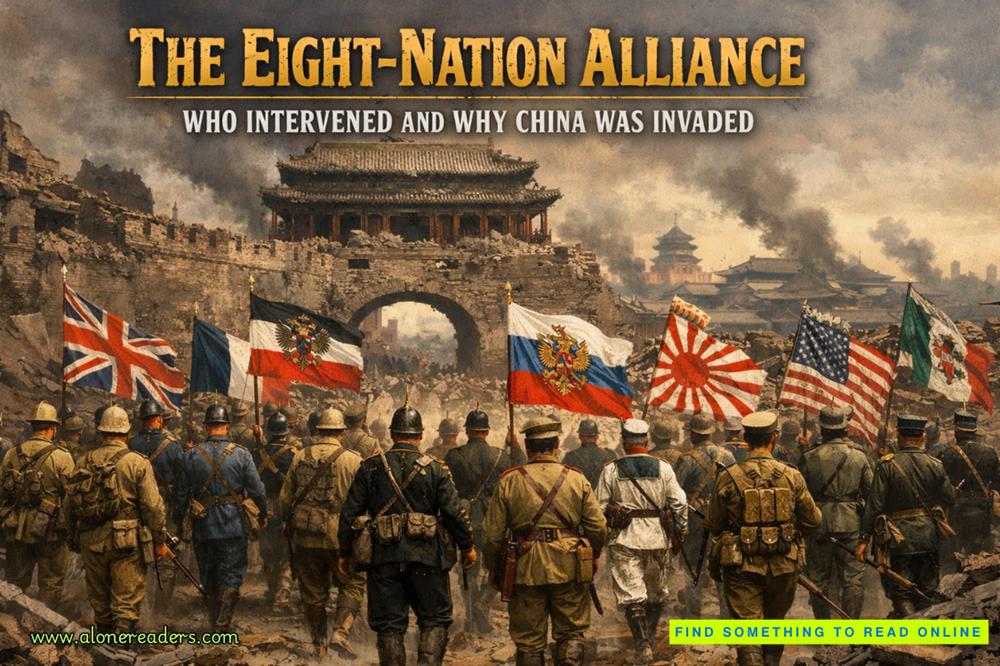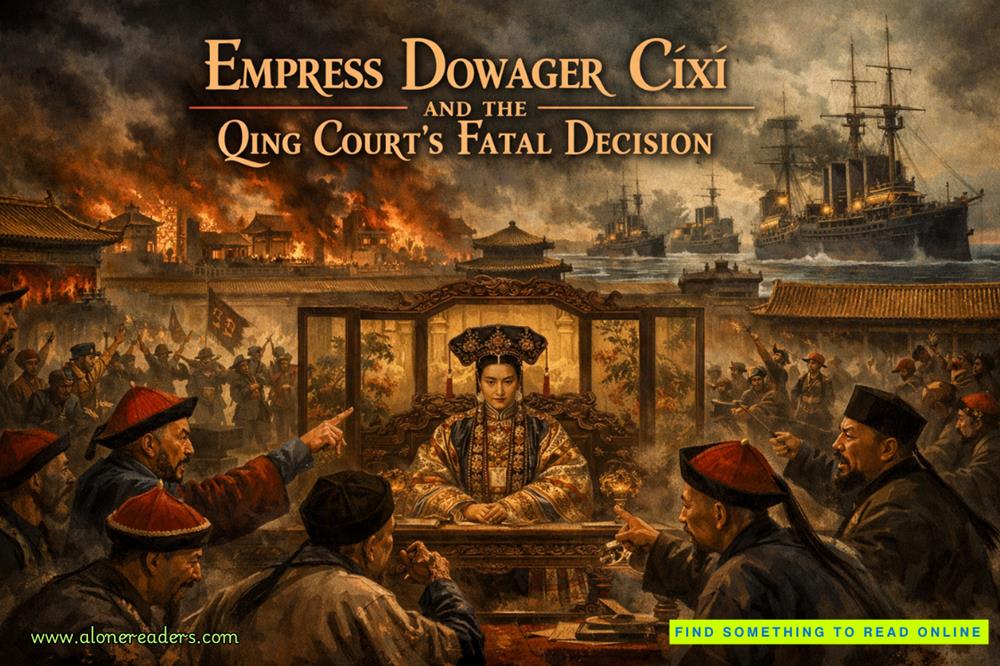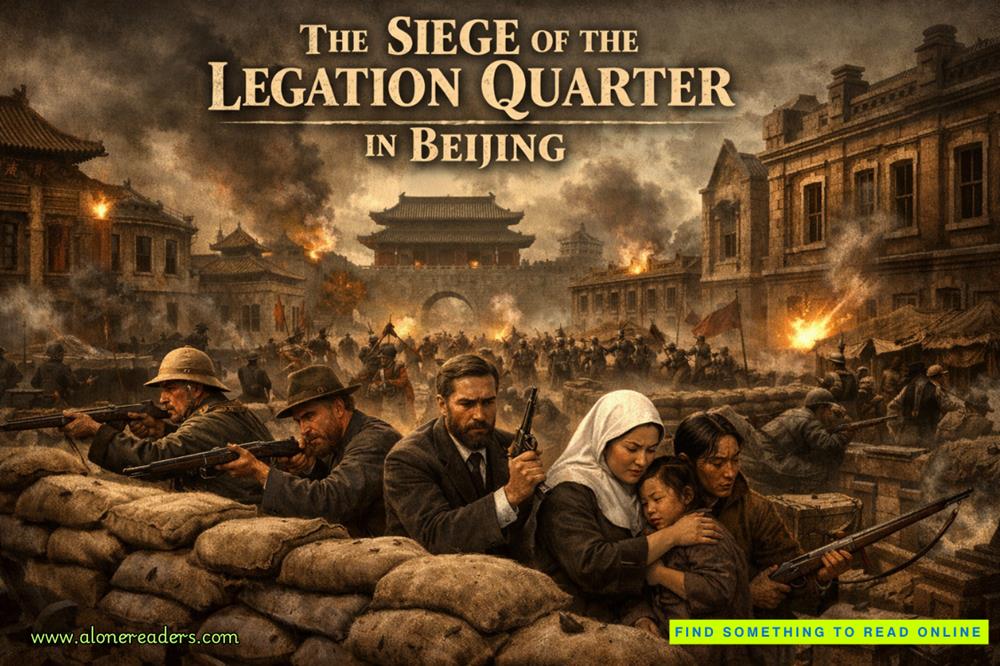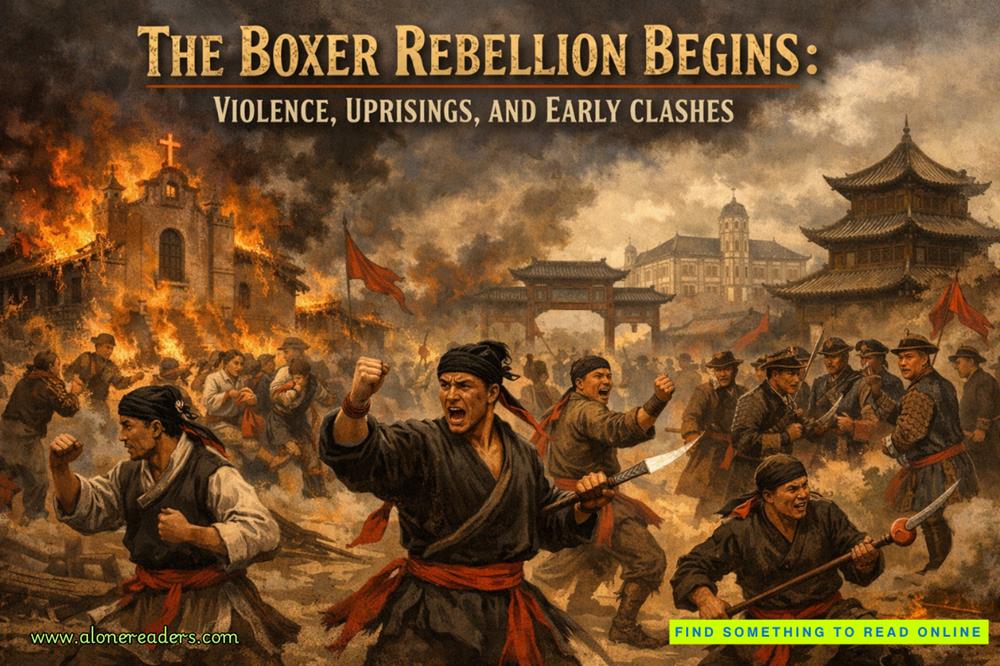Quinton nodded. “And if it wasn’t a failure? If it was deliberate?”
“Then we follow the trail. Quietly.”
Barrington reached for the teapot on the sideboard and poured two cups. The gesture was domestic, steadying.
Edward’s contact believes that someone may have intentionally rerouted or withheld certain letters. He has reason to believe this wasn’t an isolated case.”
Quinton accepted the tea but didn’t drink it. His fingers curled around the warmth.
“How many people vanished without a word, without explanation? How many loved ones never knew what became of them?”
There had been one man, O’Dell. He was quiet and kind, with his eyes always fixed on the horizon. He’d stopped talking after the second winter. No word had ever come for him. They found him curled against the wall one morning, cold and still. Quinton had wondered, later, if a single letter could have saved him.”
“Too many.” Barrington’s voice was barely a whisper.
The warmth of the tea seeped into his palms, grounding him. Quinton let the silence linger, unsure whether it soothed or strained him. The silence had once been a torment, too loud, too long. He had strained to hear footsteps, voices, even the wind through the stone, anything to prove the world still moved beyond his cell. Now, even in safety, it followed him like a shadow. The damp in the walls had carried mildew and iron, a constant reminder of where he was and what he was losing. In a moment of quiet, his mind returned to the prison walls, to the scratch of stone beneath his fingers, and the desperation of remembering names, places, anything to keep the darkness at bay. Letters would have been salvation. A name, a scrap of handwriting, would have given him something to hold onto.
“I used to imagine letters coming,” he said after a moment. “That someone out there still believed in me. I made up entire conversations with Mary-Ann. It kept me sane.
“I imagined her handwriting, neat, precise, always slanting slightly to the left. Her letters began,My dearest Quinton, and always ended,Yours, until you return. I used to whisper them aloud at night, just to remember what it felt like to be wanted, to be known.”
Barrington’s voice was softer now. “It wasn’t your imagination. She never stopped hoping. Not until hope had nowhere left to go.”
The words caught something raw inside him. He didn’t respond.
Then Barrington cleared his throat and stood. “There’s a dinner next week. A charity event. You’ll receive an invitation soon.”
Quinton glanced at him. “And she’ll be there.”
“Likely.”
“Do you think I should go?”
Barrington shrugged. “Do you want to see her again?”
Quinton looked down into the cup. “I don’t know. I mean, yes. But I don’t know if I can face what I lost.”
“Then go. Don’t speak if you’re not ready. But don’t avoid it, either.”
Quinton gave a faint smile. “You sound like Mrs. Bainbridge.”
“We’ve all been listening to her long enough to learn a thing or two.”
Quinton stood and glanced out the window. The sea was calm, the morning deceptively serene. He rested his hand on the frame.
“If the truth is buried in these letters,” he said quietly, “then I intend to read every one of them.”
Barrington nodded, the quiet oath settling between them like smoke.
As he turned to leave, Barrington paused beside him. His hand landed briefly on Quinton’s shoulder, steady, silent enough. Then he turned away without waiting for thanks.
Later, in the solitude of his room, Quinton sat at the writing desk. The letter from Barrington’s contact lay beside a blank sheet of paper. He picked up a pen but didn’t write.
Outside, the world continued its quiet rhythm. But something had shifted.
He had been forgotten once. He would not let it happen again, not to himself, and not to her.
He set the pen down and pushed the letter aside. His eyes drifted to the edge of the desk, where a faint scratch in the wood caught the light. It reminded him of the crude markings carved into the stone wall of his cell, tallies of days, names of men, fragments of memory etched in desperation. He had nothing left from those years but scars and recollections, yet they had become as real as any object he could hold.















